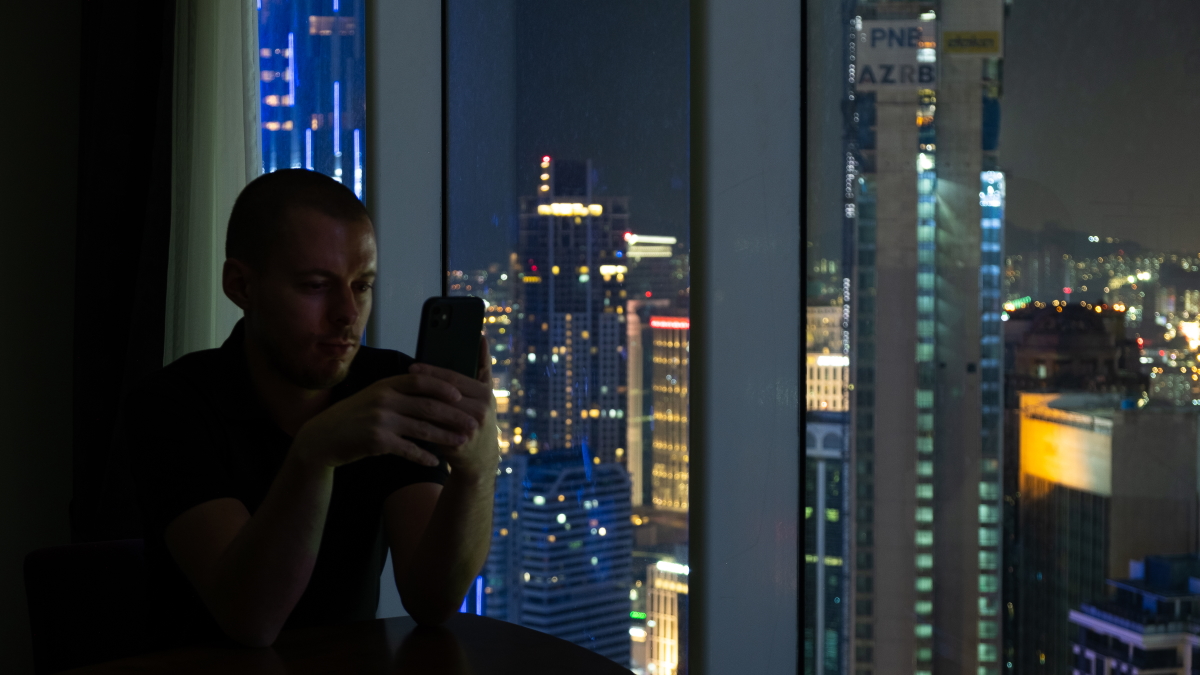Over the past six years, forex trading has been a very important part of my life. It has enabled me to travel the world and live a very unique lifestyle. It has also changed my relationship with money and work. In this article I share how I got into it, some of the challenges I have faced, where I am now and how you can get started and learn how to trade.
My story
The first time I heard about Forex trading, it was from my flatmate back in Montreal. To say that I understood Forex right away would be lying; Regardless, being a Yes man I deposited 50$ into a trading account and gave it a try. I made about 2$ that evening, turning my 50$ into 52$ (sheer luck really). 2$ may be pocket change but on that day it felt like a whole lot more to me. Heck it felt like dark magic! That evening I went to Tim Horton’s with my flatmate and we spent the 2$ on coffee. To say that that coffee tasted good would be a major understatement.
Fast forward a few months; My trading account had grown thanks in part to me depositing more funds and in part thanks to my average monthly return of 15-20%. At the time, sky seemed the limit. Heck, there seemed to be no limit! I was making plans on how I would spend my first billion dollars and was even starting to consider buying a small country. My reasoning was that with a monthly growth of 15-20%, it would only take me a few years to reach the trillion dollar mark (Google “exponential growth”). I even remember joking with my friends that it would not be China that would overtake the US as the world’s biggest economy, it would be me. It goes without saying that I was incredibly naive. To my defense, I had no understanding of concepts such as liquidity, growth stress and the exponential effort curve.
I have now been trading for many years and my account has grown considerably. So much that it is become by far my main source of income. The journey from my first 2$ to now has not been smooth though, in fact it has been more challenging than I could have ever imagined. It is not that trading Forex is particularly hard from a technical point of view, it is that it is very hard from an emotional point of view. Most people fail because of the psychological impact of making/losing money very quickly in a seemingly no-limit environment, not because they do not “understand” the market. After a few major losses I finally “got it”, deposited a more sustainable amount and adjusted my goals and strategies. Since then things have been going well and while I will not be buying countries anytime soon, I make a good living trading Forex. I definitely see myself trading far into the future although I am now spending most of my time running more conventional businesses such as Freedom Surfer.
The challenges I have faced
Managing expectations has definitely been my biggest challenge. To put it bluntly, it is easy to get greedy when faced with an unlimited earning potential and getting greedy is the last thing you want to do when trading. It leads to overconfidence and catastrophic losses. Speaking of those, another major challenge I have faced has been how to deal with losses. Experienced traders always say that you should be emotionally disconnected from your trading but let me tell you, no one really is. Losing money is hard and can definitely affect your emotions and happiness. It takes a lot of practice to learn how to “let go”. Another challenge I have faced has been the lack of purpose. It is nice to trade and make money but there is no purpose to it (other than making money). To address this challenge I have created Freedom Surfer and other more “conventional” businesses. This has allowed me not only to make money but also create long-lasting value for myself and the wider world.
How to get started
Forex trading is not for everyone, it takes an incredible amount of self-control and restraint. In order for it to be sustainable, it also takes a decent amount of capital. If you think you have what it takes, the best way to get started is by opening a demo account and giving it a try. While demo accounts use fake money, they otherwise are identical to real accounts. Using one for a few months will give you a good “feel” for the market and more importantly, a good understanding of the level of risk involved with Forex trading. Once you feel comfortable trading on the demo account, open a live account and deposit a small amount in it. Join communities of traders (Freedom Surfer’s Insiders Club has lots of helpful members), analyse what successful traders do, read books and practice. Despite demo and live accounts behaving in the same way, the experience will be vastly different due to the psychological impact of trading with real money. It will likely take months of hard work before you feel comfortable enough to deposit more funds. Go slowly, do not rush. Patience pays when it comes to Forex trading. A few words of advice: never get too comfortable, never trade right after making a gain or a loss (wait until the next day), never go all-in on a trade, establish rules you are comfortable with and FOLLOW THEM, never trust indicators over your own gut feeling and most importantly, never get greedy.
